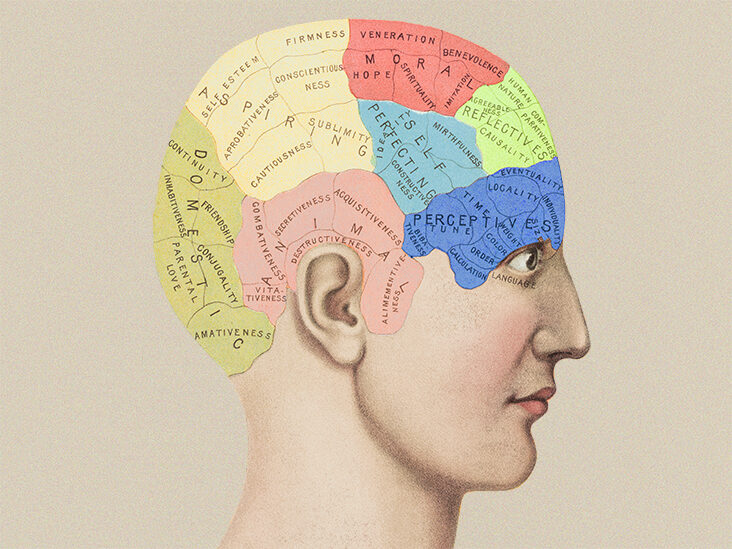Reflections on Rachel’s debut Interintellect salon, a discussion on Michael D. Gordin‘s On the Fringe: Where Science Meets Pseudoscience. First published on Rachel’s Substack.
Introduction
In my very first salon centred around Michael D. Gordin’s book, On the Fringe: Where Science Meets Pseudoscience I had a very interesting 3-hour conversation with friends from around the world.
We went through a whole assortment of fringe sciences, and using those, discussed various issues surrounding the topic.
Who determines what’s pseudoscience?
Pseudo-scientists never label themselves that as such. Someone else puts that derogatory label upon them. Every pseudoscience adherent believes themselves to be practising the “correct” version of science.
In the past, the Royal Society might have been the one deciding what passes muster. But with the advent of the Internet and improving literacy rates across the world, people have taken to educating themselves on a variety of issues that concern them.
As science becomes increasingly siloed, and as thousands of articles are published in journals every year, an expert in one field today is often a beginner in another. This is in contrast to scientists in the past, where they dabbled in a wide variety of interests.
Fun fact: Did you know that Isaac Newton was not only invented the three laws famously named after him, but also conducted alchemical experiments in secret?
These days, the average layperson often think they know better than to trust an “expert”, as discoveries about the human body, deep sea creatures, and the universe abound daily. They take to reading journal articles themselves, especially if they had some university training, specialised books about the subject, or simply watch a YouTube or TikTok video explaining what they are interested in at the moment.
The problem that ensues is quickly seen. A 60-second clip on TikTok generally cannot delve deep enough into a topic that took a physicist a decade to master, and journal articles pop up daily, many from little known, disreputable journals. A sample size of one and anecdotal evidence cannot replace rigorous, randomised control trials (RCTs).
In a world that is awash with an abundance of information, the layperson just picks an authority they trust and determines them to be the arbiter of truth.
“What can possibly go wrong?” they wonder.
When the loudest voices win
With social media algorithms favouring outrage and controversy over nuanced, complex takes, the loudest, angriest voices often are the ones that get heard.
In a world run on capitalism and governments that seek to control their populace, the rich and the powerful often become those whose voices become the truth.
This isn’t necessarily a bad thing, if the truth they propose is sound.
Yet, with eminent figures like Obama coming out only several years after his presidency to endorse the existence of UFOs, the average citizen might be filled with distrust of politicians ruling over them when they realise their leaders might not always be telling the truth.
Much ink has also been spilled with regard to how Big Pharma is profit-motivated, and it is not something I will be getting into here.
A society ruled by distrust of companies and governments necessarily foments the growth of pseudoscience.
People turn to alternatives in a time when they can neither afford the cost of healthcare, and reach to alternative explanations when those given by their leaders fill them with doubt.
Physics vs. biology
Alex Criddle pointed out in the salon that it seemed like physics and its accompanying research methodology was treated as the gold standard. But as individuals have unique bodies, variance will cause even RCTs to be difficult to replicate. In addition, he pointed out that most RCTs have been performed on white males, which further skews the results.
In an age where medical researchers are hoping to create individualised medicine for patients, eschewing a one-size-fits-all model, it perhaps made sense that there could be alternatives to Covid-19 vaccines.
Also, in a country where healthcare cannot be accessed by all due to resource constraints, and in a place filled with poverty, it is then perhaps not surprising that Ivermectin consumption in India prevailed if one could not access the former.
Elements of truth
Hidden behind every topic classified as a pseudoscience often lies a tiny grain of truth.
When we brought up physiognomy, someone pointed out that testosterone changes facial features.
I was surprised to hear that, but it dawned on me that my trans friends on T often looked different over time, as fat redistribution occurs.
Another brought up the fact that phrenology was problematic because of how deterministic it was.
“That just because your face is that way, that you will be this way.”
It was interesting to me that astrology was the precursor to astronomy, and alchemy to chemistry. It seemed like the sciences had been “refined” and the metaphysical elements dropped in modern times.
I wonder if the Enlightenment had anything to do with that.
Forcing one to dig deeper
If there was one thing we all agreed on, it was the fact that flat-earthers forces defenders of a round earth to dig deeper as they examine the reasons why they believe the earth is round.
In a time when photographs can be digitally doctored, and facts altered, one must use both a thorough understanding of scientific knowledge and logical deduction to justify their claims.
After all, how many have laughed at those we’ve disagreed with, but used weak arguments, like “everybody knows that XXX isn’t true, that’s just fake news!” to mock at those who hold alternative views.
Why conspiracy theorists exist
As pointed out earlier, conspiracy theories pop up due to a distrust of authority figures.
At one point, I mused out loud in my salon about why flat-earthers exist, and how it made no sense to me, as there didn’t seem to be any added utility to believe in this theory. Why think that NASA is evil?
Tanya replied that it’s precisely because people believe that NASA is evil that they are flat-earthers. They have lost trust in political leaders, and Obama’s admission of the existence of UFOs was proof that NASA did a cover-up those many years ago. Another pointed out that flat-earthers believe that the rest of us are being deceived by the government and that they are seeing reality as it were.
I was both surprised and enlightened. That made perfect sense then.
The deleterious effects of social media
YouTube was one reason why so many people were converted to the flat earth theory. People watching moon landing denial videos and the algorithm recommended them flat earth videos. This was how many participants in a flat earth conference came to know about it, not through school, textbooks, word of mouth, but by a video on the Internet.
In addition, places like Facebook and Twitter can become echo chambers. One reinforces one’s confirmation bias easily on these platforms, especially when the timeline has moved away from a reverse chronological feed, to one that optimises for the things one is currently interested in.
Moreover, with much shouting being done across war zones over the Internet, each camp digging in their heels to defend their position, considered and nuanced conversations don’t take place, but instead, timelines become filled with people talking past each other. That too isn’t healthy.
What can be done?
There is no easy solution to this, and as a person who has once had an extensive conversation with an anti-vaxxer, it can be a fruitless battle.
However, if the other party is already slightly open, and common points can be established, the conversation has a greater tendency to shift opinions, even if it might just be a tiny seed of doubt planted in the other’s mind.
Opinions take time to form, and are hard to dislodge. It is pointless to fight against your loved ones, even if they might be doing harm to themselves.
What might be most helpful is to attempt to maintain the relationship as much as possible, and try other means to persuade, a little at a time.
After all, one is more likely to listen to a loving voice, than one that is constantly shouting and belittling them.
Conclusion
It has been quite a journey preparing for the salon, and I was blown away by the multitude of things I’ve learnt and have had many prior assumptions relooked at in the process.
I might want to do another book based discussion, probably around Gabor Maté’s book on ADHD, “Scattered Minds”, when I’m done reading it, if I am up for it.
Let’s see how it goes, and even if I don’t, there’ll be another book up for discussion in the near future.
Looking forward to meeting and making more new friends.

